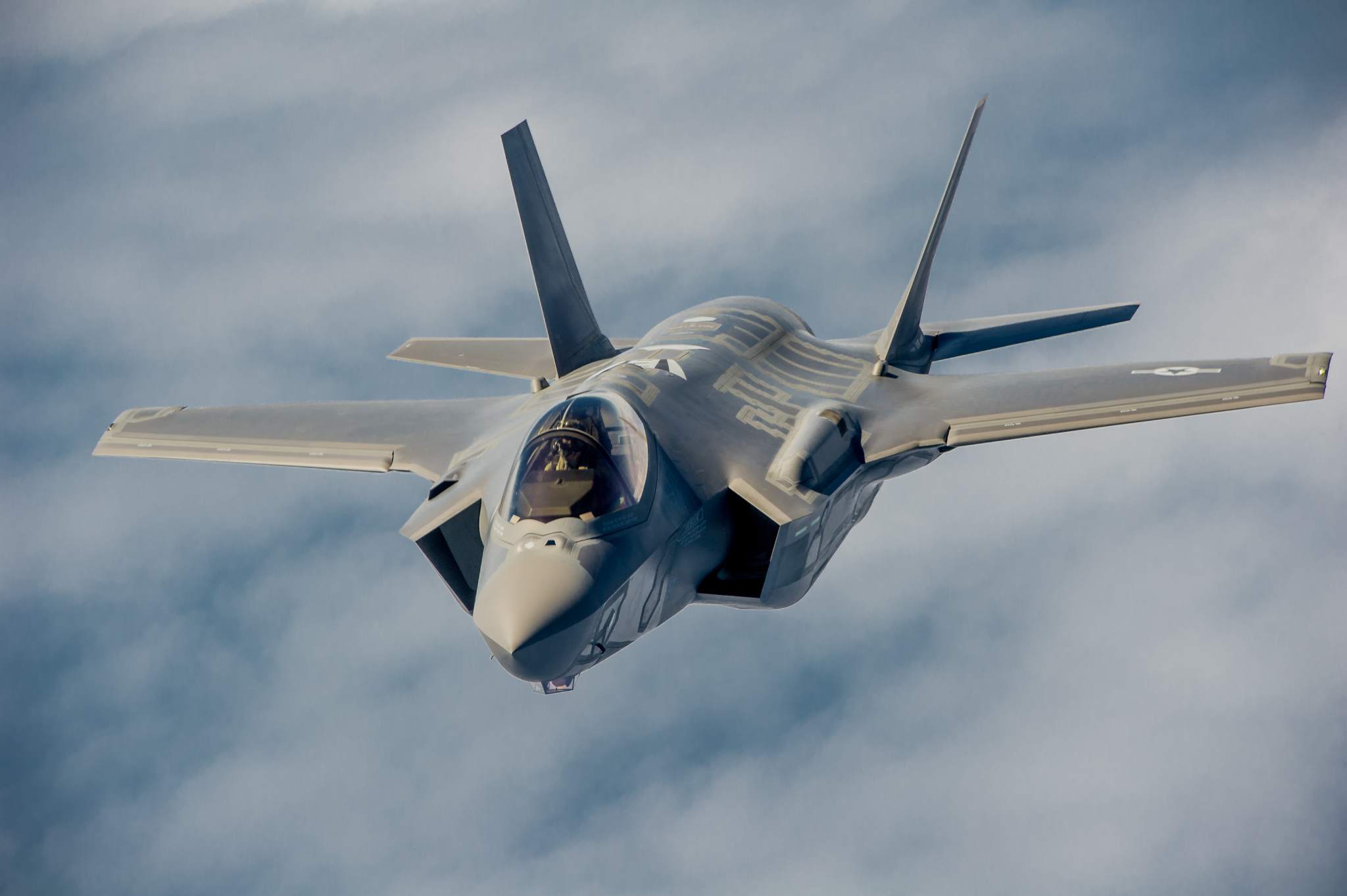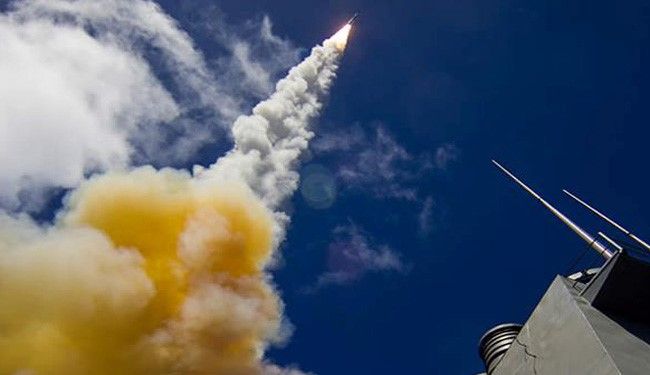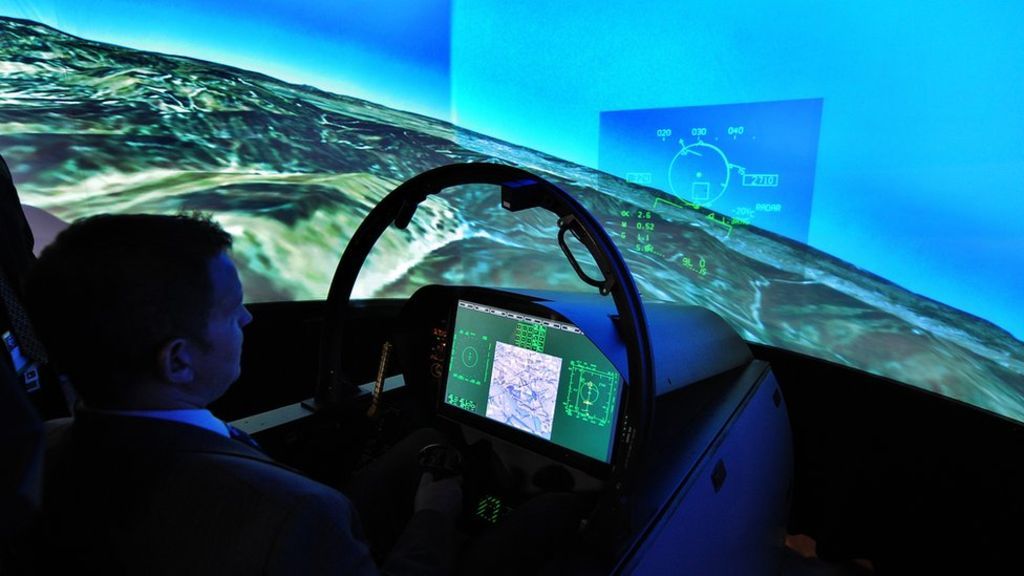Jul 8, 2016
Stealthy 3D Printing at Airshow?
Posted by Karen Hurst in categories: 3D printing, military
I hate that I am going to miss the Farnborough airshow.
The Farnborough airshow begins next week and will feature a number of announcements from the 3D printing industry. The show only takes place once every 2 years and will see a flurry of news and displays of the latest aviation technology. These include Boeing’s 737 MAX airliner with its 3D printed LEAP engines and also demonstrations by the first Lockheed Martin F-35 Lighting II, or Joint Strike Fighter, stealth jets to arrive in the UK.
Additive manufacturing company Norsk Titanium (NTi) hopes their announcements will make an equally large splash. During 2016 a number of press releases by the company have piqued the interest of insiders in the 3D printing industry and also in the aerospace industry. Outside of this group, the name Norsk Titanium may be relatively unknown.








 The Defense Advanced Research Projects Agency has finished its work to integrate live data feeds from several sources into the U.S. Space Surveillance Network run by the Air Force in an effort to help space monitoring teams check when satellites are at risk.
The Defense Advanced Research Projects Agency has finished its work to integrate live data feeds from several sources into the U.S. Space Surveillance Network run by the Air Force in an effort to help space monitoring teams check when satellites are at risk.









